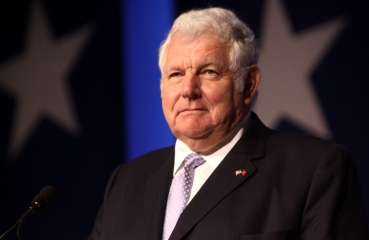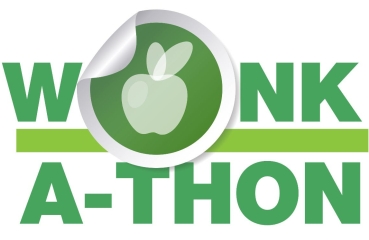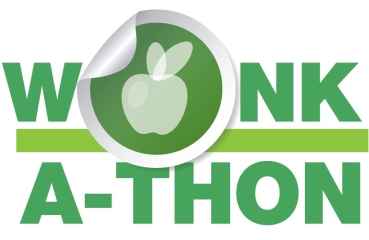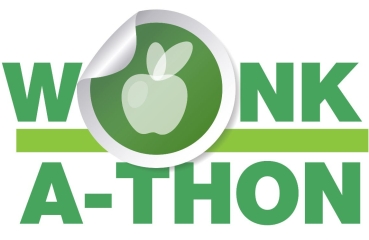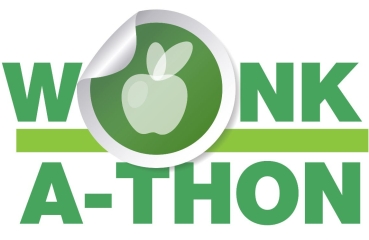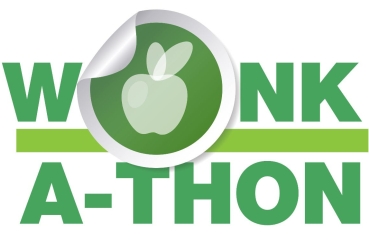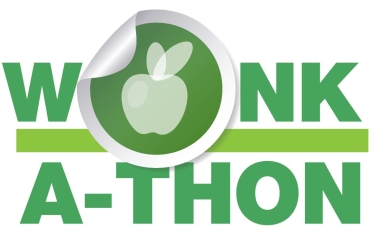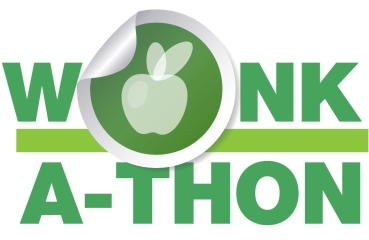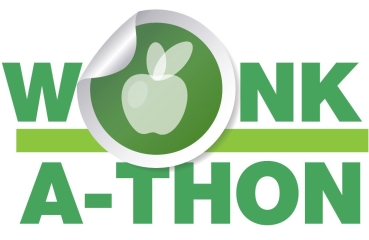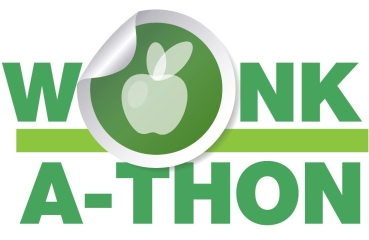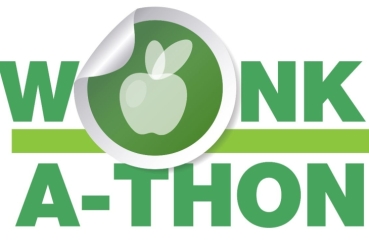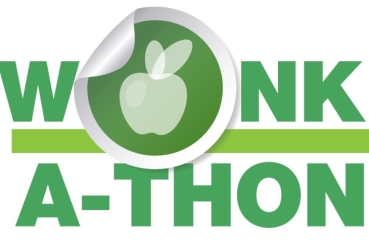Education Gadfly Show #850: 2022’s most important education stories, with Marc Porter Magee
On this week’s special, year-end Education Gadfly Show podcast, Mike Petrilli looks back on 2022’
10 signs of progress in gifted education—and reasons for hope in the new year
Brandon L. WrightEditor’s note: This is an edition of “Advance,” a newsletter from the Thomas B. Fordham Institute written by Brandon Wright, our Editorial Director, and published every other week. Its purpose is to monitor the progress of gifted education in America, including legal and legislative developments, policy and leadership changes, emerging research, grassroots efforts, and more.
Why learn to write?
Chester E. Finn, Jr.Will artificial intelligence, operating via “bots” and other non-human intermediaries, replace English composition and the need to teach and learn it? My colleague Robert Pondiscio has written thoughtfully about this, and his answer is no.
Friendships between rich and poor promote upward mobility: School career pathways program help do this
Bruno V. MannoEconomic connectedness is among the strongest predictors of upward income mobility—stronger than measures like school quality, job availability, family structure, or a community’s racial makeup.
Artificial intelligence is not the end of high-school English
Robert PondiscioThe internet is abuzz about “ChatGPT,” an artificial intelligence program that can generate remarkably solid pieces of prose in response to prompts both serious and whimsical, instantly, and in any imaginable style. Some find this thrilling. Others, mostly writers and teachers, are filled with existential dread. But let’s dispense with the idea that artificial intelligence will make writing instruction obsolete.
How to supercharge student learning
Eva MoskowitzIn the wake of pandemic-related learning loss, there’s widespread agreement that we must find more time for learning and a number of schools and districts have added afterschool tutoring and summer school to their calendars.
For the love of memorization
Daniel BuckEvery year, I ask my students to memorize a poem, but I intentionally avoid using the word “memorize.” Rather, they must learn Robert Frost’s Stopping by Woods on a Snowy Evening, Langston Hughes’s A Dream Deferred, or some other famous verse by heart. When memorized, poems become something we hold dear in our hearts and minds, growing almost into a mental keepsake.
Times change, principles endure: Bill Bennett’s "Book of Virtues" at 30
Robert PondiscioIt’s poignant to read the mainstream media fanfare and reviews that greeted William J.
Voucher lotteries and college enrollment outcomes
Jeff MurrayAuthorized by Congress in 2004, the Washington, D.C., Opportunity Scholarship Program (OSP) is one of the longest-standing voucher programs in the nation. It is also the only federally-funded one. While its fortunes have changed as congressional and executive branch leadership has switched parties over the years, the program has endured.
What we're reading this week: December 15, 2022
The Education GadflyA new study finds a “perception gap” between what Republicans and Democrats think each other believes about the education culture wars and what those groups actually believe.
Education Gadfly Show #849: The success of Denver’s “portfolio”-style school reform, with Parker Baxter
On this week’s Education Gadfly Show podcast, Mike Petrilli and David Griffith talk wit
To reinvent high school, look beyond education policy
Kunjan Narechania, Jessica BaghianEditor’s note: This essay is an entry in Fordham’s 2022 Wonkathon, which asked contributors to address a fundamental and challenging question: “How can states remove policies barriers that are keeping educators from reinventing high schools?”
Reinventing high schools by eliminating Carnegie structure
James LewickiEditor’s note: This essay is an entry in Fordham’s 2022 Wonkathon, which asked contributors to address a fundamental and challenging question: “How can states remove policies barriers that are keeping educators from reinventing high schools?”
Transform and integrate our siloed systems of K–12, postsecondary, and workforce development
The Big Blur Team at Jobs for the FutureEditor’s note: This essay is an entry in Fordham’s 2022 Wonkathon, which asked contributors to address a fundamental and challenging question: “How can states remove policies barriers that are keeping educators from reinventing high schools?”
A missing piece for education in the United States: Moving from an industrial to an inquiry-based paradigm
Robert KeltyEditor’s note: This essay is an entry in Fordham’s 2022 Wonkathon, which asked contributors to address a fundamental and challenging question: “How can states remove policies barriers that are keeping educators from reinventing high schools?”
Reimagining high schools: Removing barriers to transform learning
Charles OgundimuEditor’s note: This essay is an entry in Fordham’s 2022 Wonkathon, which asked contributors to address a fundamental and challenging question: “How can states remove policies barriers that are keeping educators from reinventing high schools?”
Pull back the curtain on the real-life outcomes of high school graduates
Christi MartinEditor’s note: This essay is an entry in Fordham’s 2022 Wonkathon, which asked contributors to address a fundamental and challenging question: “How can states remove policies barriers that are keeping educators from reinventing high schools?”
A wonderful thing—amazing high schools
Paolo DeMariaEditor’s note: This essay is an entry in Fordham’s 2022 Wonkathon, which asked contributors to address a fundamental and challenging question: “How can states remove policies barriers that are keeping educators from reinventing high schools?”
Back to the future for American high schools
Sheree Speakman, Kathy SmithEditor’s note: This essay is an entry in Fordham’s 2022 Wonkathon, which asked contributors to address a fundamental and challenging question: “How can states remove policies barriers that are keeping educators from reinventing high schools?”
Fund high schools to provide post-secondary support, and hold them accountable for the results
Pagee Cheung, Arthur SamuelsEditor’s note: This essay is an entry in Fordham’s 2022 Wonkathon, which asked contributors to address a fundamental and challenging question: “How can states remove policies barriers that are keeping educators from reinventing high schools?”
Let kids who hate high school consume a lot less school
Mike GoldsteinEditor’s note: This essay is an entry in Fordham’s 2022 Wonkathon, which asked contributors to address a fundamental and challenging question: “How can states remove policies barriers that are keeping educators from reinventing high schools?”
Teacher certification and uniform salary schedules hinder CTE staffing
Keri IngrahamMany professions require specialized training and, when done well, career-technical education programs can create post-secondary pathways for the growing percentage of students who are not college bound. A key component of effective CTE is employing top-tier subject matter experts with real-world professional experience in the industry rather than just book knowledge. But teacher certification and uniform salary schedules make this more difficult than it should be.
What is the best way to reform state high school policies? Ignore them.
Eric WearneEditor’s note: This essay is an entry in Fordham’s 2022 Wonkathon, which asked contributors to address a fundamental and challenging question: “How can states remove policies barriers that are keeping educators from reinventing high schools?”
The strongest argument for charter schools is the truth
David GriffithIn a new NEPC policy memo, Duke public policy professor Helen Ladd argues that charter schools “disrupt” what she claims are the four core goals of American education policy: “establishing coherent systems of schools,” “appropriate accountability for the use of public funds,” “limiting racial segregation and isolation,” and “attending to child poverty and disadvantage.” Griffith disputes all four counts.
Teachers should replace “the soft bigotry of low expectations” with “the suspension of disbelief”
Michael J. PetrilliThe “soft bigotry of low expectations” is back in the news, due to the recent passing of the great Mike Gerson, the speechwriter who is
Institutionalism, not policy, is the biggest barrier to reinventing high schools
Chelsea WaiteEditor’s note: This essay is an entry in Fordham’s 2022 Wonkathon, which asked contributors to address a fundamental and challenging question: “How can states remove policies barriers that are keeping educators from reinventing high schools?”
Families are shrinking high schools with or without help from policymakers
Matthew LadnerEditor’s note: This essay is an entry in Fordham’s 2022 Wonkathon, which asked contributors to address a fundamental and challenging question: “How can states remove policies barriers that are keeping educators from reinventing high schools?”









